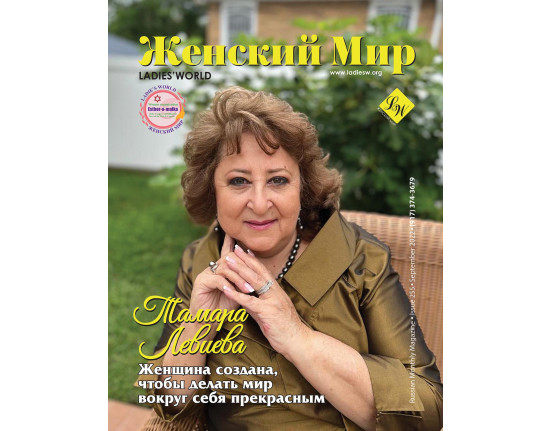Dear Rachel,
I
am 23, not married and live at home. I love my mother but she overwhelms me
sometimes. When we spend time together she talks about her many private
challenges with life that, quite frankly, I am not interested in hearing. I
want my mother to just be my mother, and not someone who comes to me with all
her problems. Besides, I myself suffer from anxiety. I understand she can't
turn to my father for support, because he is often agitated and has occasional
depression. So I suppose she sees me as someone to confide in, but I am very
stressed afterwards and it affects the rest of my day every time we have these
conversations. I also don't know how to help her. How do I tell her
respectfully that I don't want to hear about her hardships? If I turn her away – even kindly, it may
hurt her and she will have no one else to confide in. What can I do?
Sincerely, Rivka
Dear
Rivka,
I
can see how your dilemma must feel so difficult, yet it is very common; where
the lines between a parent-child relationship and a confidante blur, especially
as children grow into adulthood. In Jewish wisdom, the concept of "Kibbud
Av Va'em" (to honor your father and mother) is paramount, but there are
boundaries around this. It doesn’t mean you have to do whatever is asked of you
– however, it does
require respectful communication.
Our
sages teach us that “words from the heart enter the heart”. This could be a
guiding principle for you. Here's how you might respond the next time she
shares grievances that are overwhelming for you:
1.
Empathize, express your love and care for her. Communicate that you cherish
your time together and want her to have everything she needs to lead a fulfilling
life.
2.
Validate her hardships and the need for her to be able to share her emotions.
3.
Set boundaries for your own emotional well-being. Explain that you value being
the daughter in the relationship and you are unequipped to provide her with effective
help. Suggest alternative solutions for her needs, such as seeking counsel from
someone trusted, yet older and wiser than you; someone who can be both
objective and helpful in the right way.
4.
Create regular times to engage in meaningful activities together that will
strengthen your relationship, as well bring you both a source of joy to look
forward to.
5.
Empower yourself to understand that you cannot change your mother or control
what happens to her in life, or whether she chooses to get help in the way that
she needs it. However, you can choose to focus on your self-development and
strengthen yourself on the inside as you attempt to establish a healthy
relationship with your mother. A counselor, coach or mentor can help guide you
in this way.
Here
is an example to put it all together: “This must be so difficult for you to go
through. It hurts me to hear you in pain, you're my mother and I love you. I
want what is best for you, just like you always want for me. I am not the right
person for you to confide in. If you could speak to someone who is older and
wiser than me, who is objective without personal involvement, it could be a
tremendous support for you. You will gain clarity and receive proper guidance.
In the meantime, I would love to spend meaningful time with you creating new
memories together.”
Feel
free to tweak this in the way that you see fit for you and your mother.
Remember, it is not your responsibility to solve her problems, but showing
compassion and suggesting alternative avenues for support is a balanced
approach. Having said this, not all mothers can graciously accept boundaries
when their child draws a line. Additionally, many are old schooled and may
resist seeking support outside the family. If this happens to you and your mother
continues to bring up uncomfortable subjects, you can repeat what I suggested
above in a concise way (sometimes people need to hear something repeatedly for
it to sink in). Then, redirect your conversation.
Balancing
respect for your mother with your own needs is a delicate task, but with
kindness and effective communication, you can establish a healthier dynamic.
Remember, true shalom bayit (peace in the home) is achieved when all family
members feel heard, respected, and cared for. B’hatzlacha!
All the very best, Rachel Trilokekar
Thank you to those who have e-mailed me with their questions. If you would like your question to be featured in the next issue of Ladies’ World, please e-mail: RachelTrilokekar@gmail.com




















